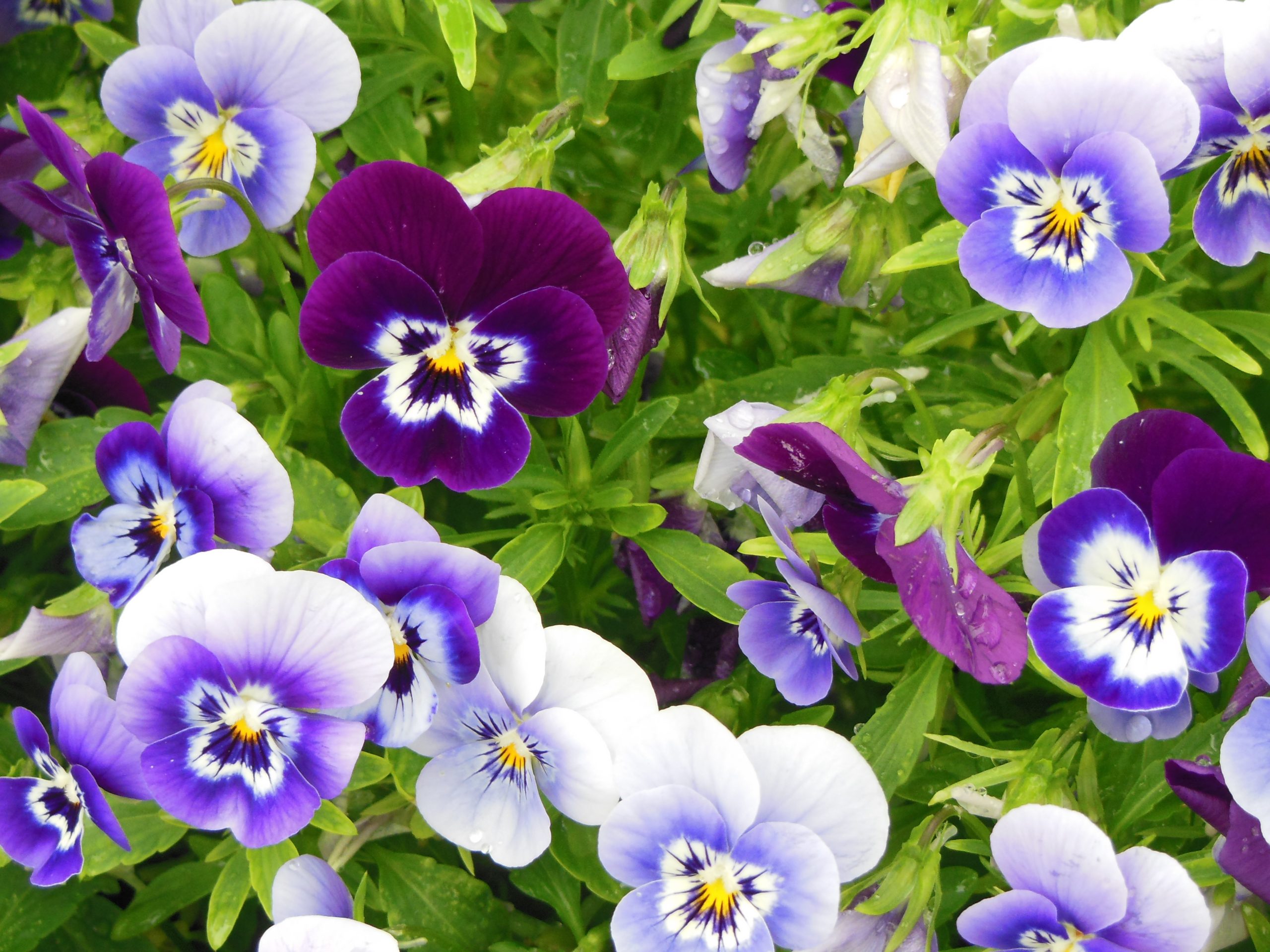In Community
When I was 14 or 15 years old, I was deeply affected by reading the books The Mists of Avalon written by American novelist Marion Zimmer Bradley. This retelling of the King Arthur myth from a female perspective introduced me to a Morgaine that was very different from the usual tales where she was associated with an evil witch. In this universe, Morgaine is a priestess of Avalon, guardian of ancient pagan myths that enlivened the territory that became the United Kingdom before the Catholic period.
Rereading the book recently, thinking back to the teenager that I was, I realized that what fascinated me the most had nothing to do with faith, but with community. These women who live together in a ritualized daily life, the calm that seemed to arise from this life, their place in the world through their role as holders of a certain knowledge: it all spoke to me in a profound way!
Several years later, I had much the same fascination this time for the portrait of the religious community of women teachers in Michel Tremblay’s novel Thérèse and Pierrette and the Little Hanging Angel. Once again, I was charmed by this portrait of a community of women who obviously experience tension and happiness, but who find their reason for living among each other. So much so that I was a little disappointed at the end of the novel when Sister Sainte-Catherine decided to leave her community (the novel takes place in 1942).
Of course, nothing is certain, but I do think that I would have chosen the religious path if I had lived in a different time. I am not sure that my thirst for knowledge, my love of silence and my need to feel useful in the community would have been satisfied by a life as a housewife. Obviously, contemporary life offers you great freedom to do what you want in your daily life. You can even change your mind about your life plans several times! Despite this, I have spent the core of my adult life finding that contemporary life does not offer many answers for those who do not want to dedicate their lives to finding happiness in a relationship.
Have children or not? Work or stay home? Marry or cohabit? The choices are many. But choose celibacy? Why? Romantic love, the couple or its derivatives are always seen as the core of everything, the absolute key to happiness. Choosing to get out of this expectation always seems like an oddity, and it remains true that it plunges you into great loneliness. I came to understand that this is what appealed to me in the stories of women communities, communities that existed in almost all traditional societies, but which are rarer in our postmodern and secular societies. This sisterhood, this new family created by community life, also this hope of not growing old alone, seduces me. I never seriously thought of entering a religious community because I do not have the faith that is at the heart of this choice and that would allow me to be absolutely sincere in this commitment. However, between the ages of around 25 and 35, I wondered quite often if there was a lay equivalent of the religious community. I would have liked to “join” a community; I would have liked my celibacy to no longer be perceived as “in the meantime,” for my choice to live my life differently, far from the obligation of romantic love as the only meaning to life is heard, accepted, understood and even celebrated.
Why did this question leave me after my mid-thirties? Simply because despite the lack of wanting to be in a relationship, I had always wanted to become a mother. By adopting a little girl, my life took a new turn and now that my motherhood defines much of who I am, my celibacy seems to make me stand out less. And I must say that I am quite busy, so I have less time to ask myself existential questions about my place in the world! However, I expect these questions to come back to me when my daughter grows up and has opened her wings and left the nest. I will still dream of this ritualized daily life, where sisterhood makes it possible to forge links with fellow women and where sharing and building a community together gives meaning. I still have to find a community that suits me… Or to form one!
